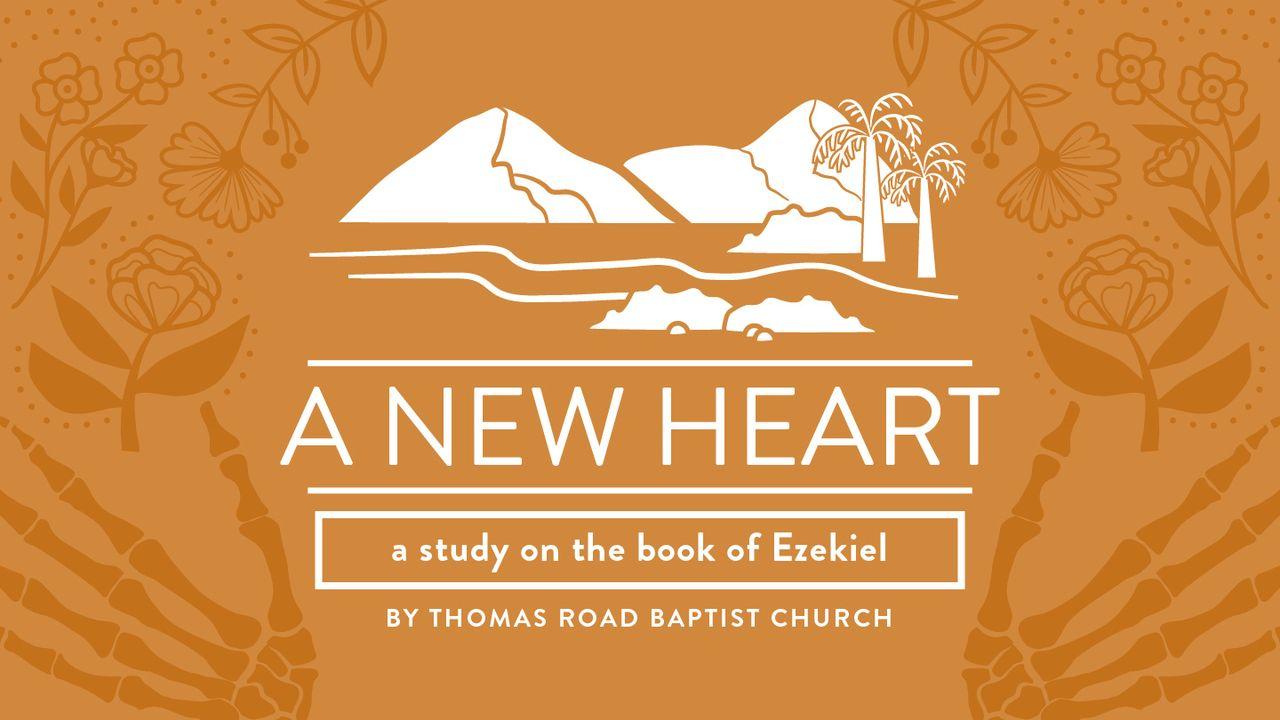A New Heart: A Study in Ezekielគំរូ

What does it say?
The Sovereign Lord would bring Nebuchadnezzar against Tyre. The city would be sought, but it would never again be found.
What does it mean?
Like Ammon in the previous chapter, Tyre sought to prosper from Jerusalem’s ruin. Both cities had lucrative trade routes: Tyre by sea and Jerusalem by caravan. When Babylon destroyed Jerusalem, Tyre anticipated a monopoly on trade, but the Lord would also direct Babylon to turn its fury on Tyre. Unlike Jerusalem, nothing from Tyre would remain or ever be rebuilt. One of Ezekiel’s main themes, the Sovereignty of God, is repeated seven times in this chapter, each emphasizing the finality and authority of what God said.
How should I respond?
Today’s passage offers evidence of the reliability of God’s Word. People can still walk through the ancient ruins of Tyre today. The city ceased to exist, just as God said it would. Today, God communicates with believers through the Bible. As His written word, Scripture should have the final authority for how we respond and live. Even on issues that aren’t addressed by direct command, the Bible speaks to attitudes and character traits and gives principles that guide our decision-making. What is He saying to you through His Word this week? When God speaks, it’s the final word on the matter.
អត្ថបទគម្ពីរ
អំពីគម្រោងអាននេះ

An exile himself, Ezekiel prophesied to a people whose blindness and hard-heartedness had caused their own destruction. As the Lord’s glory leaves the temple (Ezekiel 10:1-3), we are reminded of the tragic consequences of Israel’s disobedience. Israel’s story, however, will not end in exile and judgment. Ezekiel prophesies of the day when God will cleanse his people of their sin, give them a new heart, and fill them with His Spirit (Ezekiel 36:25-27).
More









